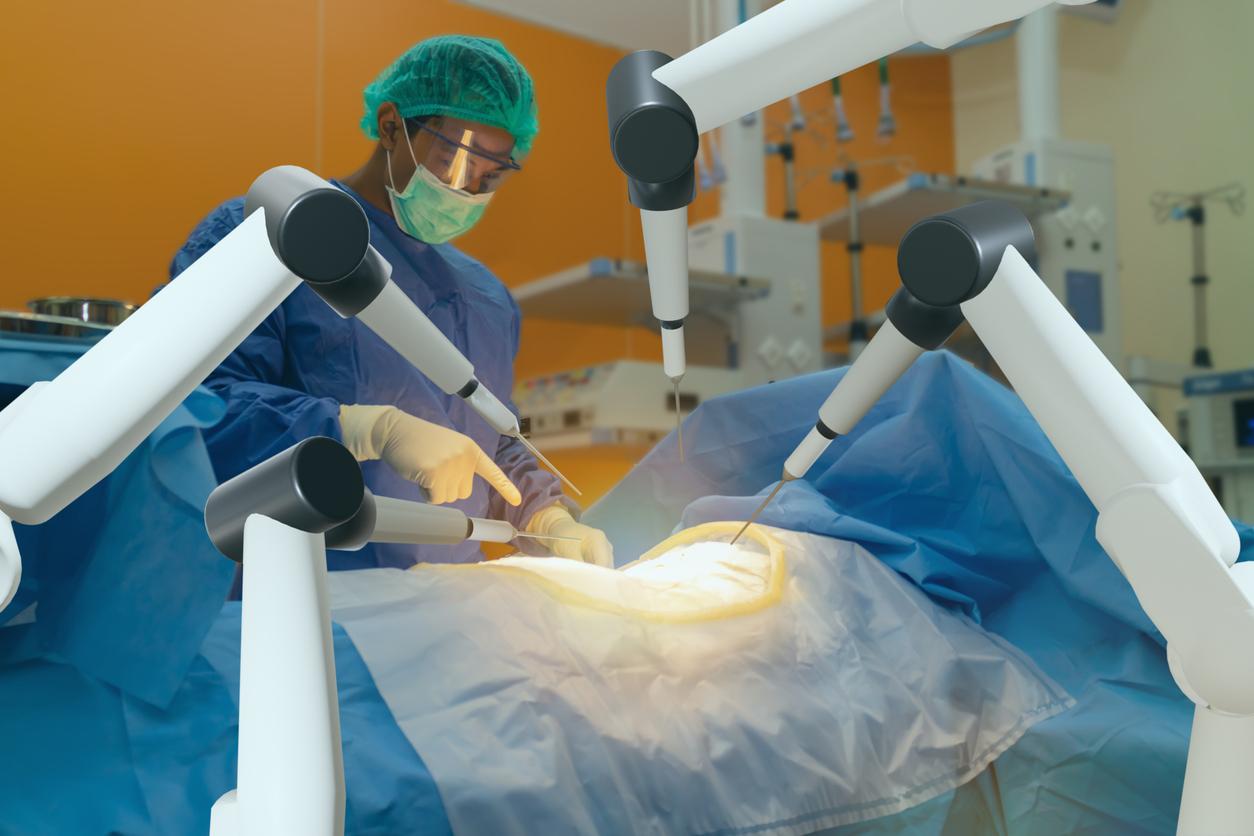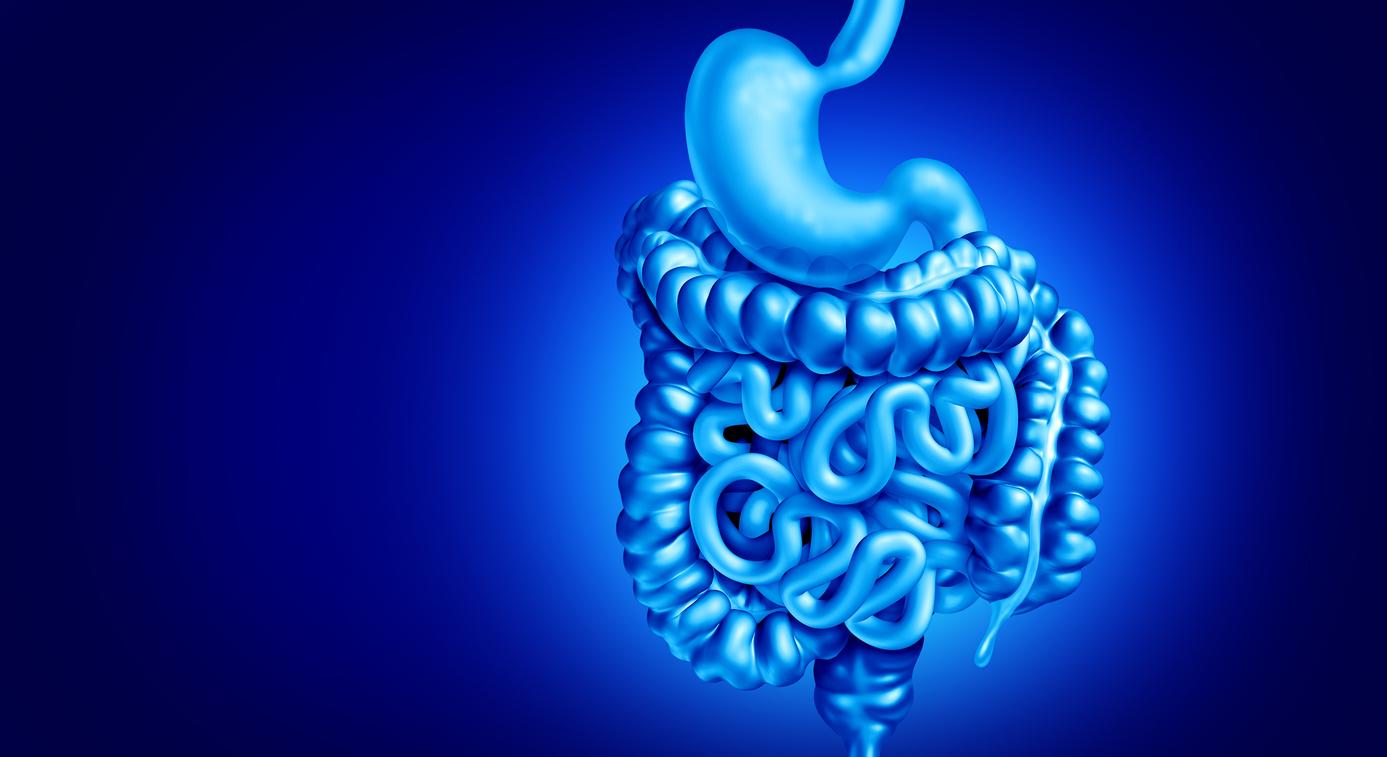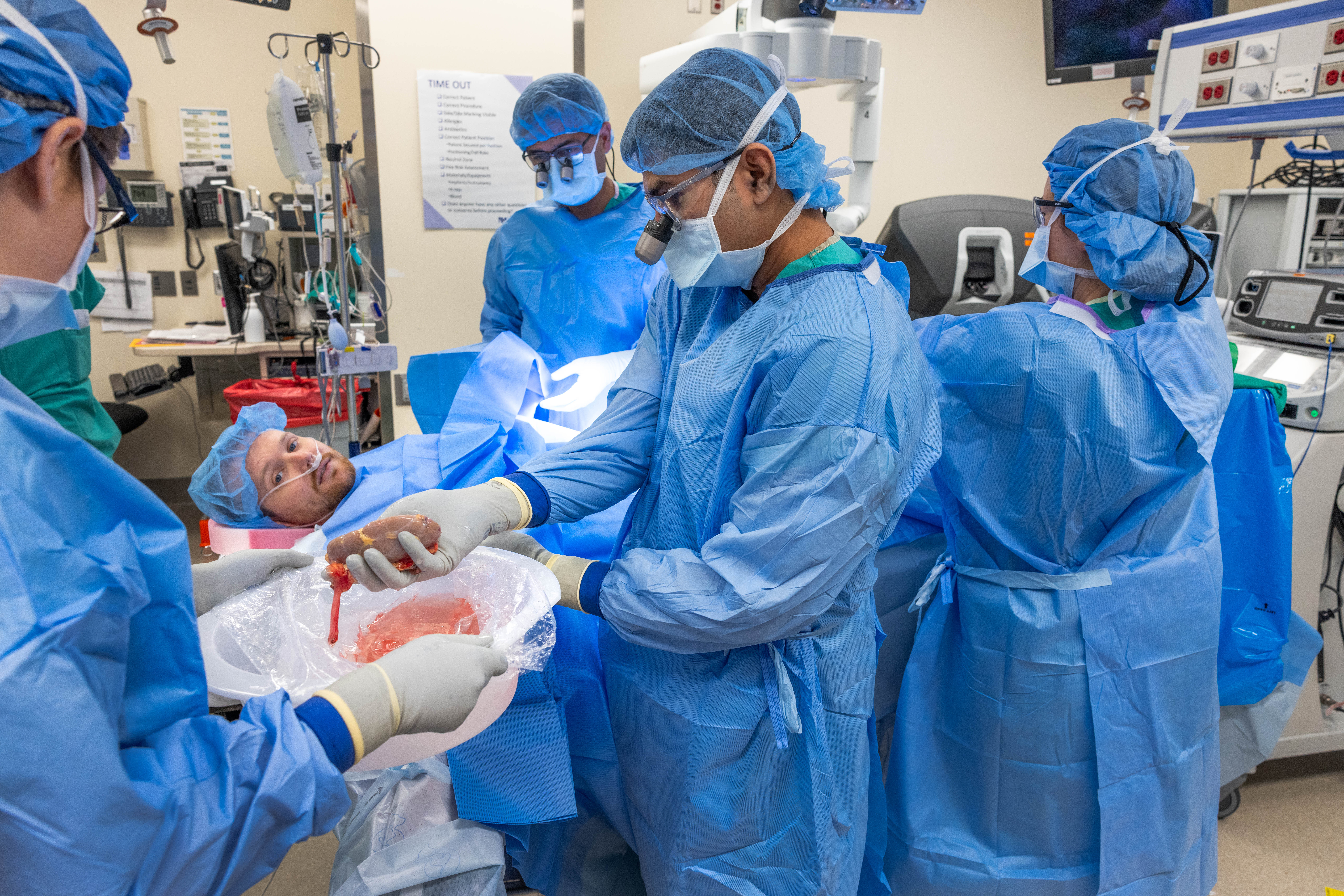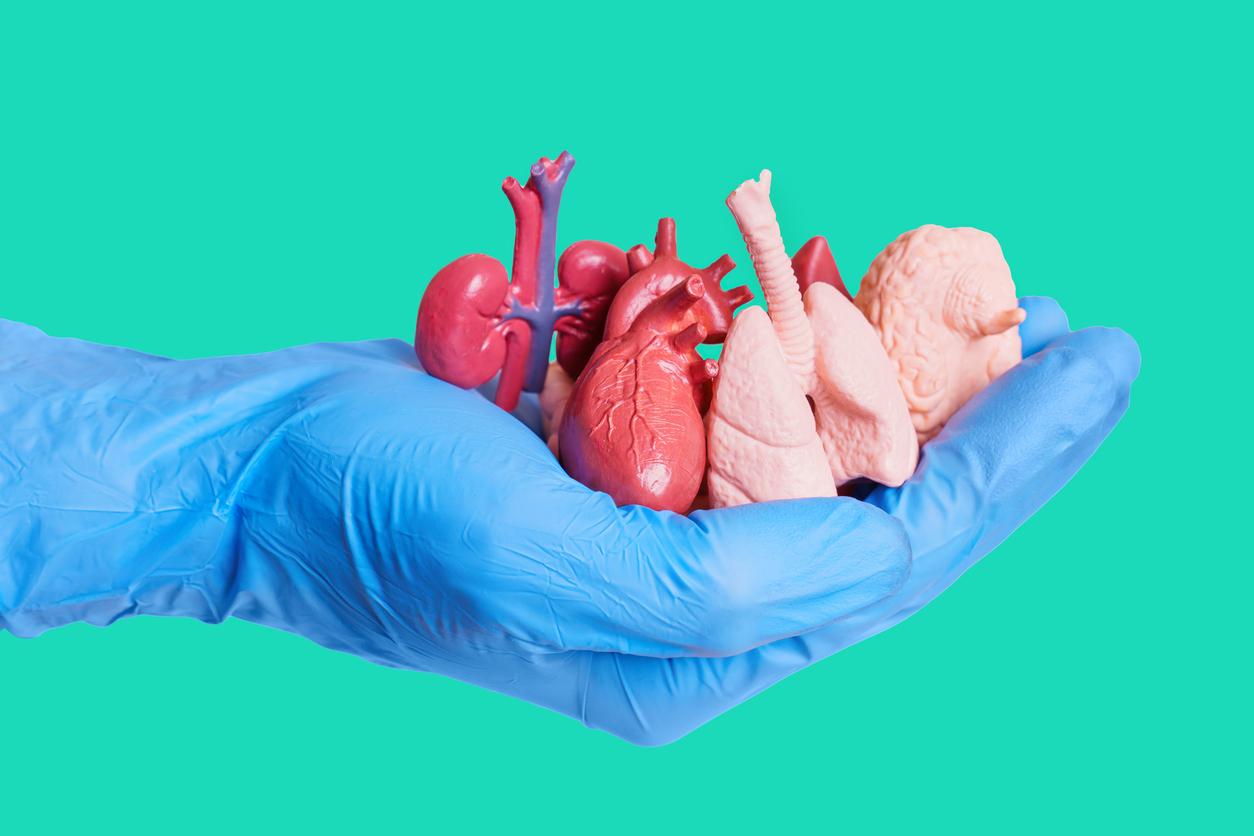6,105 organ transplants were performed in France in 2017, i.e. 3.5% more than in 2016 and 19% more than in 2013, announced Tuesday the Biomedicine Agency which ensures the distribution and allocation from organs to patients.

A historic figure. For the first time in France, the bar of 6,000 annual organ transplants has been exceeded, the Biomedicine Agency announced on June 12 as the deadline approaches. National day of reflection on organ donation and transplantation “which aims to make the population increasingly aware that everyone is a potential organ and tissue donor”.
In detail, 6105 transplants took place last year, or 3.5% more than in 2016 and 19% more than in 2013. The most common transplant remains the kidney transplant, which represents nearly two thirds of all transplants, with 3,782 operations carried out, including 611 thanks to a living donor, specifies this agency which ensures the distribution and allocation of organs to people in need. Then come liver transplants (1374 transplants including 18 carried out thanks to a living donor) then heart (467 transplants). Also in 2017 were 378 lung transplants, 96 pancreas, 6 heart-lungs and finally 2 intestines.
“There has been a lot of progress in 30 years, since in 1985, we performed 1360 transplants in France”, welcomes Professor Olivier Bastien, responsible for the removal and transplants of organs and tissues at the Biomedicine Agency. . And in general, transplants are a success, since, according to the press release of the Agency, “in France, more than 57,000 people live thanks to a transplanted organ and more than 75% of those transplanted live well. with their graft after 10 years of grafting “. Because organ donation not only allows “to save years”, it also allows to gain “quality of life”, explains Professor Bastien.
All French people are donors by default
Remember that the large majority of the samples come from deceased people, necessarily free and anonymous. However, sometimes, especially with kidney transplants, living people donate their organ. In 2011, the circle of living donors was extended from the family to any adult, healthy person who can prove a close emotional bond for at least two years with the recipient. In addition, the donor must of course be compatible with the patient.
Since the 1er January 2016, in order to reduce the number of collection refusals, all French people are automatically considered as presumed organ donors after their death, unless otherwise declared in the official refusal register. “Before, if the deceased was not entered in the Official Refusal Register, the family could express their disagreement orally. Now relatives have to write a letter describing when the deceased mentioned that they did not wish to donate their organs, and why “, explained Serge Goutchtat, president of the Association for the donation of human organs and tissues of Haute-Garonne (ADOT 31) to The Dispatch at the time of the entry into force of the law on January 1, 2017. And to specify: “Before, the oral testimony of opposition allowed families to refuse the donation even if the person was consenting. Now, I think that this obligation to make the request in writing will make some families think twice before making a decision. Because in 2015, 32.5% of families consulted had refused to donate the organs of their relatives.
But it seems that the communication around this new law has paid off since in 2017, the refusal rate fell to 26.6%, welcomed last year the deputy of the Rhône Jean-Louis Touraine, reporter of a “flash” mission on the subject. According to the authors of the report, this is still too much, especially since, according to a Harris poll conducted in 2016, eight in ten French people are in favor of having their organs removed.
24,000 patients awaiting a transplant in 2017
Also, for the Biomedicine Agency, so that there is a greater adequacy with the increasingly numerous transplant needs (between 2012 and 2016, the number of patients awaiting a transplant increased by 36 % and nearly 24,000 patients were waiting for an organ in 2017), the refusal to take samples should drop below 25% by 2021. A “2017-2021” plan also plans to reach the target of 7,800 annual transplants, including 1,000 from a living donor. Currently, the majority of grafts are taken from people with brain death, only 1% of deaths in hospital.
This is why, in order to “go even further”, the Biomedicine Agency is organizing its 18 June 22.th National day of reflection on the subject to inform the general public on the subject and highlight the entire donation chain, from patients to caregivers and family members. On this occasion, public events will take place all over France. For more information, visit www.dondorganes.fr/evenements.
Spain, world champion
In 2015, 4,769 organs were removed from 1,851 Spanish donors. The same year in France, 1,769 deceased people were removed, allowing 5,746 organs to be transplanted. With 40 donors per million inhabitants – compared to 27.4 per million people in France – Spain is the leader in the field. As in France, the law wants the Spaniards who have not expressed their refusal to donate their organs, to be donors by default when they die. But their success is also explained by their organization of the harvesting and transplantation system. In Spanish hospitals, nursing staff devote themselves full time to organ research and the organization of transplants.
“The most important success of our system is that organ donation is systematically mentioned when a patient dies, regardless of the circumstances of the death,” explains Beatriz Dominguez-Gil, co-author of a study published in 2017 on The subject. The professionals who take care of these patients at the end of their life consider it their duty to ask the question of organ donation “. The Spaniards therefore have broader selection criteria, especially regarding the age of donors: more than 10% are over 80 years old, while in France in 2015, nearly 40% of donors were over 65 years old.
.








-1730888646.jpg)






